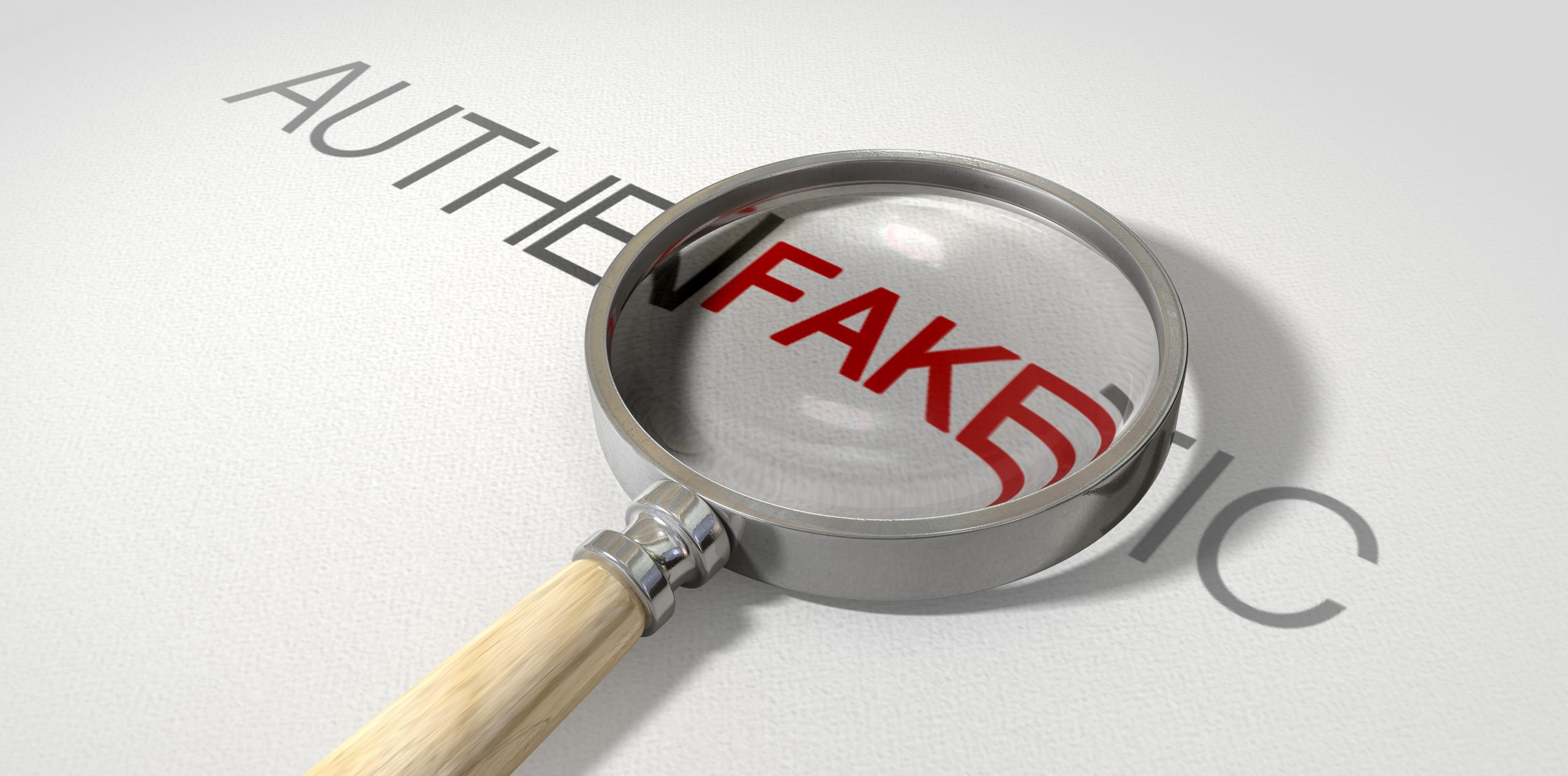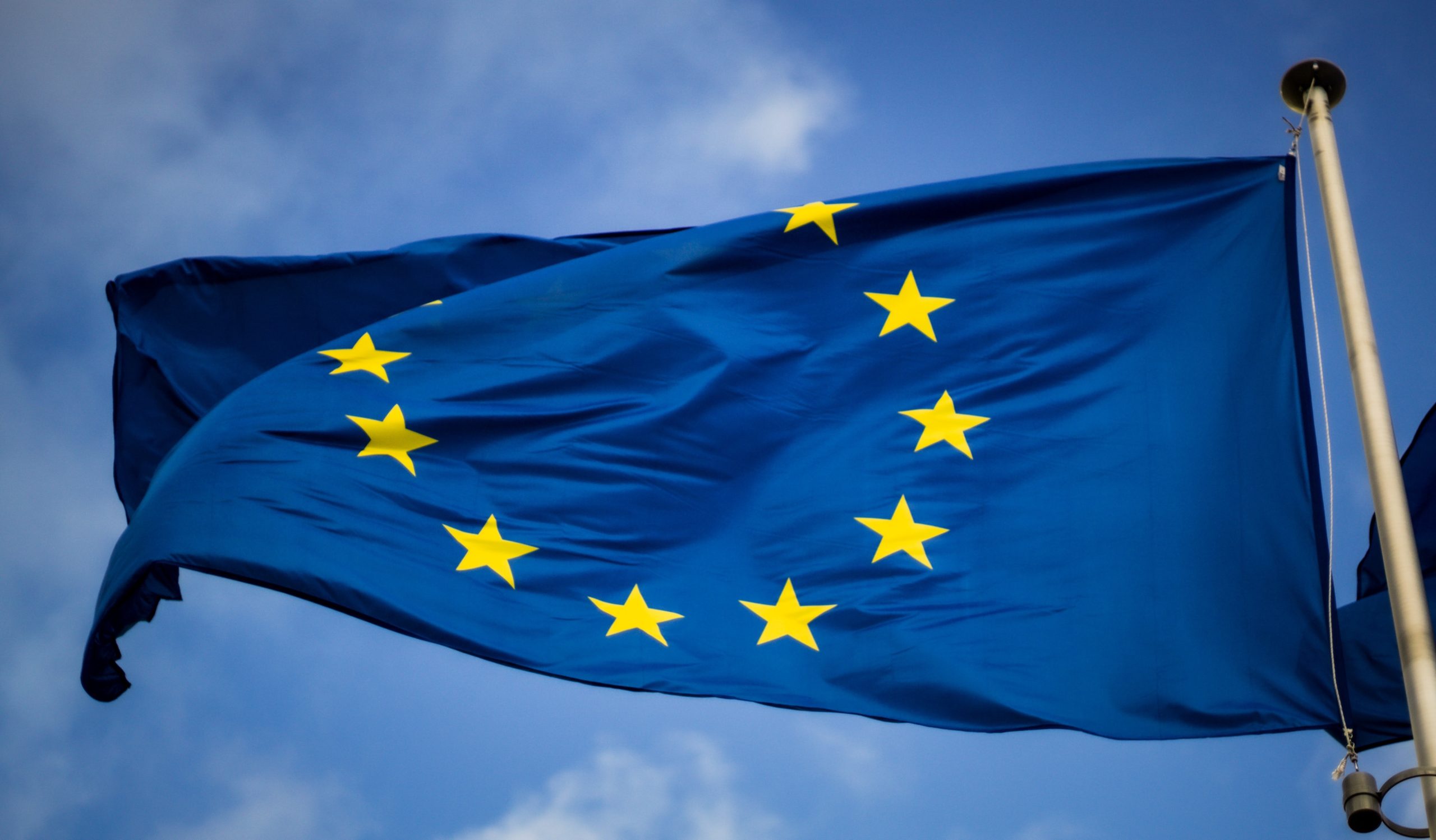These days the representatives of the Parliament of United Kingdom published huge statement in relation about the so-called “right to be forgotten”[1] (hereinafter only as “Statement”) and the judgment of Grand Chamber of the Court of Justice of the European Union, interpreting the Article 12 of the Data Protection Directive from 1995 (hereinafter only as “Directive”)[2].
In this Statement, few interesting point in accordance with the right to be forgotten, are mention; “that it needs to be taken into account that “Google was found in 1998, three years after the adaption on the Directive”, “that the judgement is having far-reaching consequences” and “that even that the right to privacy is highly prized, we could not close down the access to the information in the EU that is open to the rest of the world”. The authors of the Statement criticized the judgment made on the “old” Directive, because “in the twenty years since the Directive was negotiated, the technology in the collection, storing and availability of data has changed out of all recognition, and the Directive is now generally admitted to be in need of radical revision.”
The Statement also stipulates the reasons, why this judgement is unworkable. “It ignores the effect on smaller search engines, which, unlike Google, may not have the resources to consider individually large numbers of request for the deletion of links.”
Despite of the all legal and practical consequences which come and go with this judgment, it is also necessary to think about the balance between the right for privacy and the right to have access to information while they went into collision. It is true that twenty years ago we do not think about the existence of the merciless memory of human race, which will last “forever”. We could probably say that human memory has special ability to put the gracious veil on things that happen in the past, as the time goes by. But does this fact (that mankind involved “eternal memory”) give us the right to choose which information should be memorized and kept for further generation and which shall disappear? And if yes, who is the “right one” to decide this riddle? In accordance with the mention judgment of CJEU it is necessary to deal with the matter of fact, that enormous and unexpected power was given to the hand of certain subject – power to decide what kind of information shall create the part of the (EU) history.
Furthermore, it is a matter of fact, that he “forgotten” information could be still available in “hard” paper form in libraries; it is than all about the possibility of access to such information or easy access to information? Would it be, for the “victim”, less painful if the access to such information will not be possible in the digital world despite of the fact, that the same information will be still alive under the tender library dust?
It will be very interesting to see how will all the concerned parties live with this judgment and what will be the future of the right of the access to the information vs. right for privacy in EU.
[1] Google Spain SL, Google Inc. V Agencia Espaňola de Protección de Datos, Maria Costeja González (Case C-131/12, 13 May 2014).
[2] http://www.publications.parliament.uk/pa/ld201415/ldselect/ldeucom/40/4002.htm; (as of 5.8.2014)


